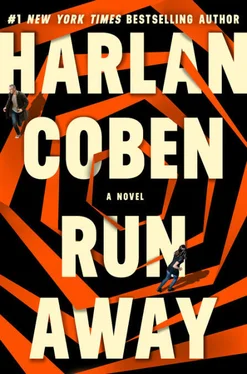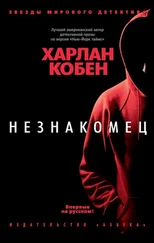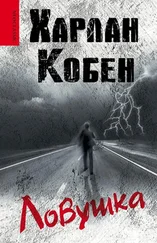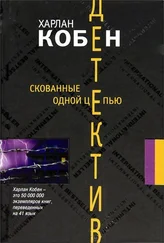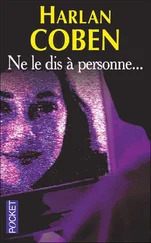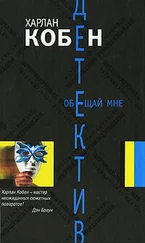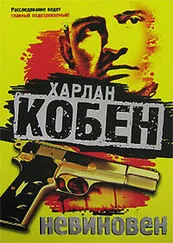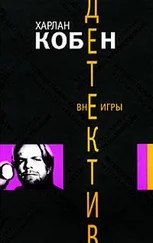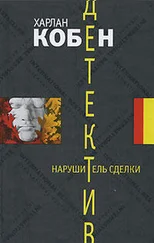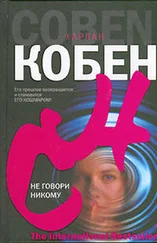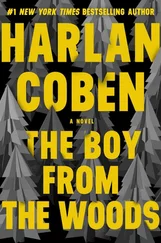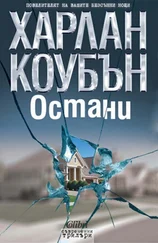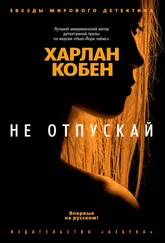He might, of course, be way off in his assumptions. His theorizing, if you wanted to call it that, didn’t even raise itself to the level of flimsy conjecture, and either way, he wasn’t going to bring it up unless he absolutely needed to.
But the theory felt right to him.
“Wiley and me, our marriage is kind of old-fashioned.” She stopped, shook her head. “Don’t know why I’m telling you this. I’m getting older, I guess. Aaron is dead. And maybe you’re right, Mr. Greene.”
“Simon.”
“I prefer Mr. Greene.”
“Maybe I’m right about what?”
Enid spread her hands. “Maybe it’s all related. That stuff in the past. And now. Who am I to say?”
Simon waited, but not long. Enid dove in.
“I’m not from around here. I grew up in Billings, Montana. You don’t need to hear the tale of how I ended up in this part of Connecticut. The winds blow, as they do. That’s life. But when I met Wiley he had a nine-year-old son named Aaron. A lot of women found all that attractive. The single-father thing. Raising the boy on his own. The beautiful inn and farm. Someone would ask Wiley about the boy and what happened to his mother, but he’d politely shake them off. Didn’t like to talk about it. Used to get a tear in his eye. Even with me.”
“But eventually?”
“Oh, I’d heard the story before he told me. Everyone around here knew parts of it. Wiley and the boy’s mother met during a time in his life when he didn’t want anything to do with the inn. Like everyone else who grows up here, Wiley longed to escape. So he started backpacking through Europe and met a girl in Italy. Her name was Bruna. Tuscany. That was what Wiley told me. The two worked in a vineyard for a while. He said working in the vineyard was a little like working on the inn. It reminded him of it anyway. Made him long for home a little, that’s what he said.” She gestured at the Pabst can with her chin. “You’re not drinking your beer.”
“I have to drive.”
“Two beers? Come on, you’re not that big a girl.”
But he was. Ingrid could drink hard liquor for hours and show no signs of it. Simon had two beers and tried to French-kiss a light socket.
“So what happened?”
“They fell in love. Wiley and Bruna. Romantic, right? They had a boy. Aaron. A blissful story until, well, Bruna died.”
“She died?”
Enid kept still. Too still.
“How?” he asked.
“Car accident. Head-on collision on Autostrada A11, and yeah, Wiley always added that detail. Autostrada A11. I looked it up once. Don’t know why. It connects Pisa to Florence. Bruna was going to visit her family, he said. And he didn’t want to go. They had a fight about it before she left. See, Wiley was supposed to have been in the car with her. That’s what he said. So he blames himself. It’s very hard for him to talk about. He gets all choked up.”
She looked at him over her glass.
“You sound skeptical,” Simon said.
“Do I?”
“Yes.”
“Wiley tells the story with gusto. He’s quite theatrical, my husband. You’d believe every word.”
“You didn’t?”
“Oh, I believed it. But see, I also wondered why Bruna would go to visit her family and not bring her infant son. You’d do that, right? You’re a young mom, traveling the” — she made quote marks with her fingers — “‘autostrada’ to see your family. You’d take your baby.”
“Did you ask Wiley about that?”
“No, I never said anything. I mean, why would I? Who’d question a story like that?”
There was a chill in the stale-beer air. Simon wanted to ask a follow-up, but more than that, he wanted Enid to tell it. He kept silent.
“Wiley came back home after the accident. Here. The inn, I mean. He was afraid that maybe Bruna’s family would sue for custody or hold him up — they’d never been legally married or anything — so he flew to the States with the baby. They moved into the inn...”
Her voice faded out as she shrugged.
End of the story.
“So,” Simon said, “Aaron’s mother is dead.”
“That’s what Wiley says.”
“But when I asked you if she was alive, you said you didn’t know.”
“You’re a quick one, Mr. Greene.” She raised her glass and smiled. “Why the hell am I telling you any of this?”
She stared at him and waited for an answer.
“Because I have an honest face?” Simon tried.
“You look like my first husband.”
“Was he honest?”
“Shit no.” Then: “But oh, man, he was great in bed.”
“So we have something in common.”
Enid snorted. “I like you, Mr. Greene. And ah, what the hell. I can’t see how it will help you and yet... I’ve seen some strange shit. And bad stays. Bad doesn’t go away. You bury bad, it digs itself out. You throw bad in the middle of the ocean, it comes back at you like a tidal wave.”
Simon just waited.
“Do you keep your old passports?” she asked him. “I mean, after they’re expired?”
“Yes.”
In fact, Simon advised his clients to do the same, just in case they ever needed to prove they’d been someplace. He was big on saving any official paperwork, because you never knew.
“So does Wiley. Not where someone could easily find them. They’re boxed up in storage in the basement. But I found them. And you know what?”
“What?”
Enid put her hand to the side of her mouth and stage-whispered, “Wiley has never been to Italy.”
The office at Tattoos While U Wait was glass enclosed, so whoever sat in it could look out at the chairs and the artists and the waiting area and vice versa. The computer’s monitor faced a wall, however, so that while privacy was pretty much nonexistent, you couldn’t see what the person sitting at the desk may have been surfing or browsing or whatever people called it nowadays.
The desk was partner-style, so that two people could sit facing each other. The top was cluttered with scraps of paper, three pairs of drugstore reading glasses, a dozen or so assorted pens and markers. There was a bag of cherry cough drops on the left, a few paperback books, bills strewn about with no reason or guiding principle behind them.
In the center of the desk, facing the glass, was a slightly faded photograph of six men with huge smiles. Two were up front, with arms around each other’s shoulders, the other four slightly behind them with folded arms. It’d been snapped in front of the parlor — opening day from the looks of the ribbons and the oversized faux scissors. The clothes, the facial hair, the poses — the whole vibe made it feel like a Doobie Brothers album cover.
Elena picked up the photograph and showed it to Nap. Nap nodded and pointed to the guy in the front on the right.
“That’s the victim. Damien Gorse.”
Nap slid his finger toward the guy next to him — a hefty dude in full leather motorcycle wear and a salt-’n’-pepper handlebar mustache. “That’s the partner, Neil Raff.”
Elena sat in the swivel chair in front of the monitor. The computer’s mouse was red and in the shape of a heart. For a moment Elena just stared at it. A heart. Damien Gorse’s computer mouse was in the shape of a heart. As an investigator, you keep your head down and you think analytically because that was often the best. You focus on your particular goal — in this case finding Henry Thorpe — but Joel had always told her not to forget the devastation, the lives lost or destroyed or irrevocably torn apart. Damien Gorse had sat in this chair and used this heart-shaped mouse. The heart-shaped mouse was a gift — it had to be, it was not the kind of thing you buy for yourself — and the person who gave it to him wanted Damien to know that he was in some way loved.
Читать дальше
